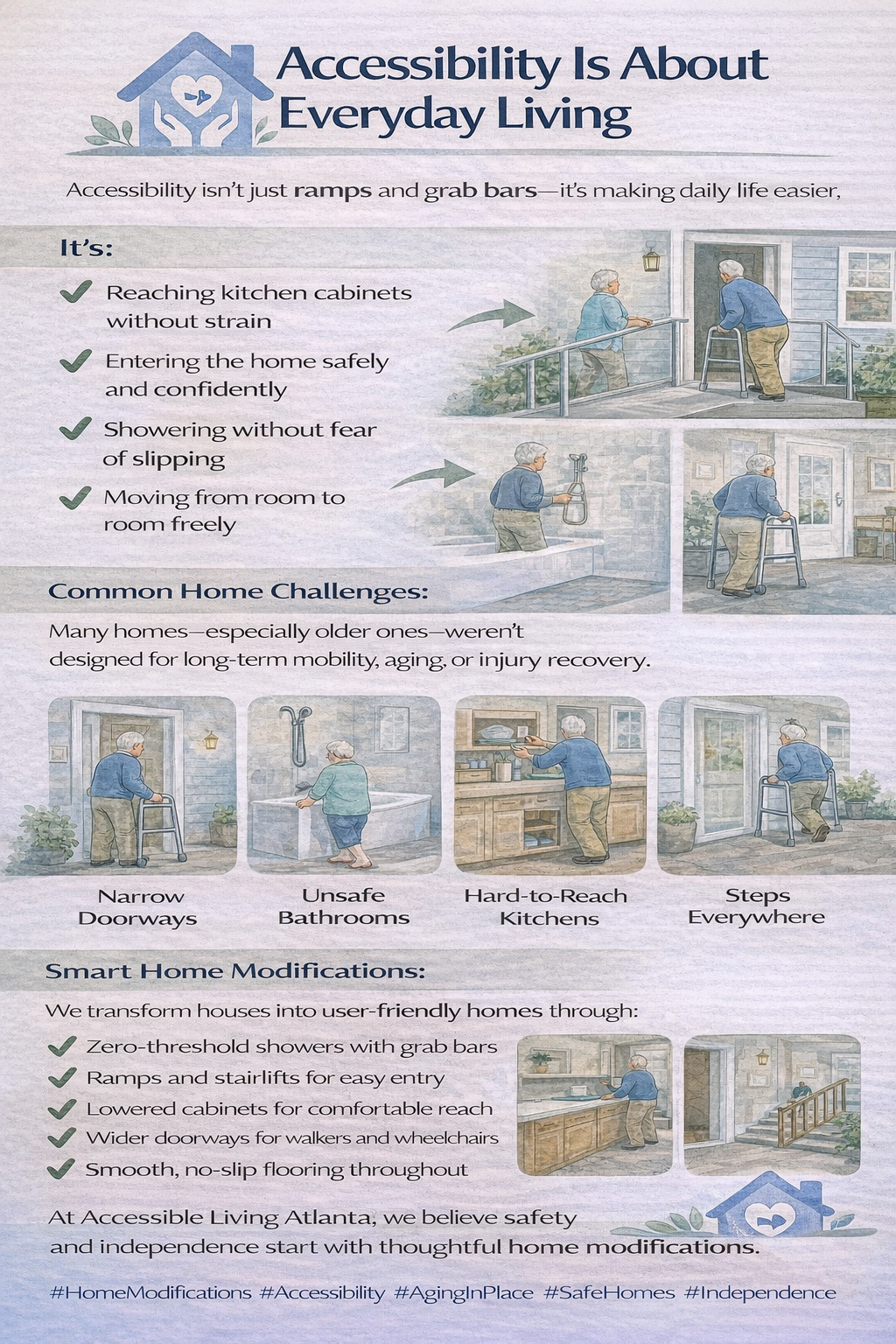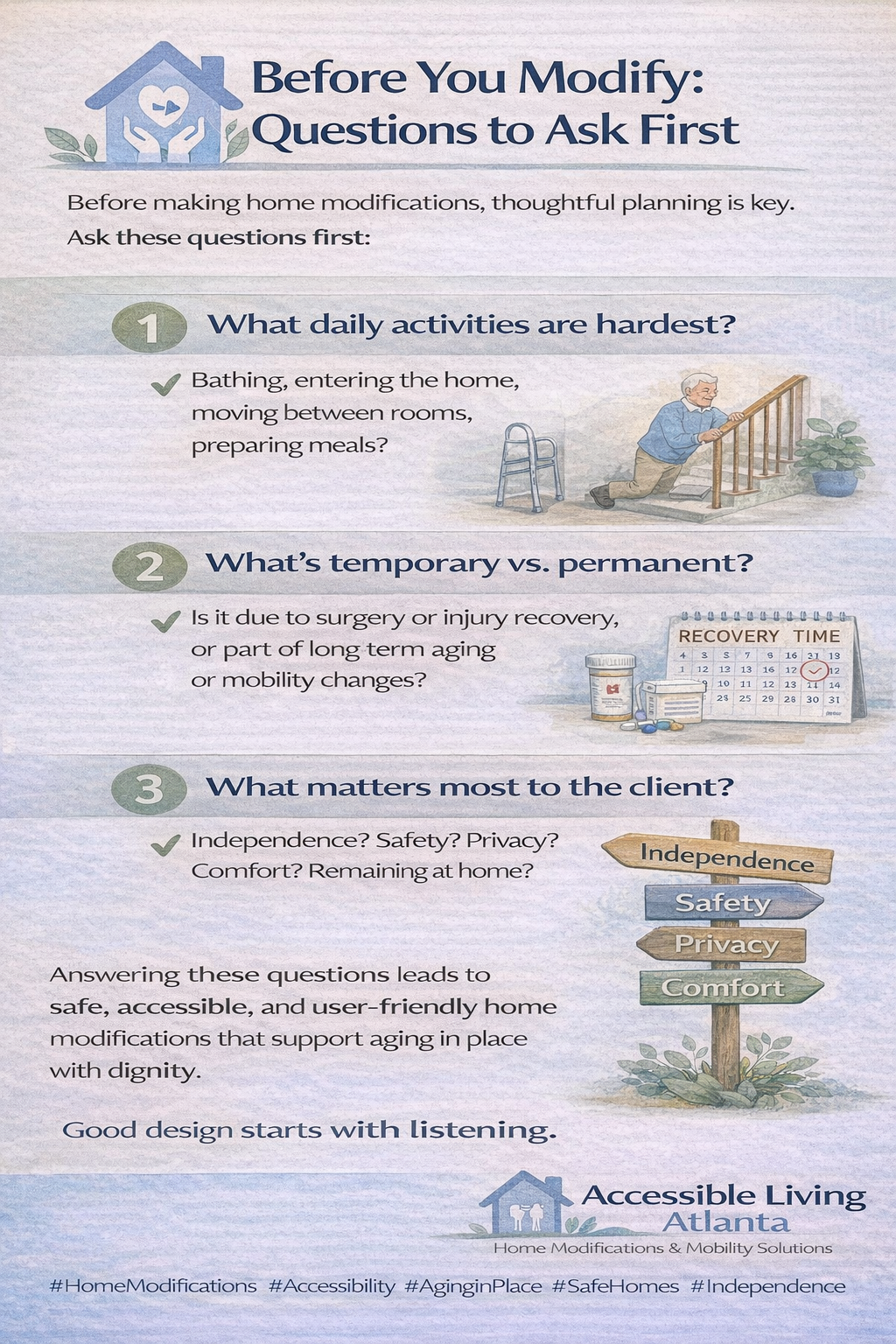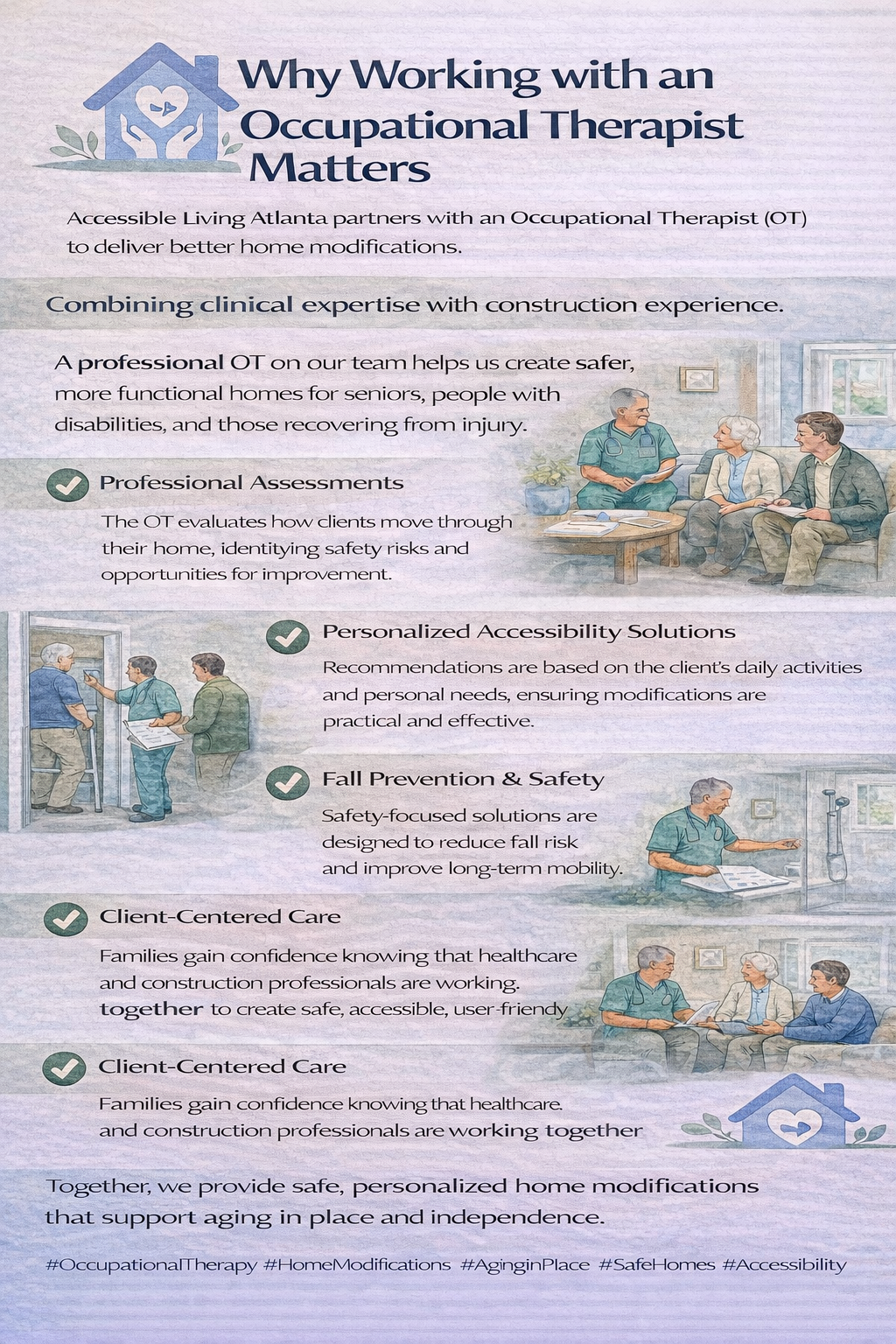Coffee-Dementia Link Continues to Unfurl
— Two studies hint at protective relationships for some coffee and tea drinkers
by Judy George, Deputy Managing Editor, MedPage Today,
PHILADELPHIA -- Coffee and tea intake were associated with long-term cognitive changes in older adults, two prospective studies presented at the
Alzheimer's Association International Conferenceopens in a new tab or window (AAIC) suggested.
Among 6,001 Health and Retirement Study participants in the U.S., drinking two or more cups of coffee a day was associated with a 28% lower risk of dementia over 7 years compared with drinking less than one daily cup (P<0.05), reported Changzheng Yuan, ScD, of the Harvard T.H. Chan School of Public Health in Boston and the Zhejiang University School of Medicine in China, in a poster presented at the meeting.
Moderate tea drinking -- up to two cups a day -- was also associated with a lower dementia risk compared with no tea consumption (P<0.05).
When total caffeine intake derived from coffee and tea was calculated, participants in the highest quartile of caffeine consumption had a 38% decreased risk of dementia (P=0.032), Yuan and co-authors said.
In another study presented at AAIC, researchers showed that among 8,451 U.K. Biobank participants, daily coffee and tea intake predicted the slope of fluid intelligence decline.
Decline in fluid intelligence was slower among older adults who had moderate coffee consumption (one to three cups of coffee a day) and those who never drank coffee, compared with those who drank four or more daily cups, said Kelsey Sewell, PhD, of Murdoch University in Perth, Australia. This suggested an upper limit to coffee intake, she observed.
Tea drinking, however, showed a different pattern. U.K. Biobank participants who never drank tea had a greater decline in fluid intelligence compared with those who had moderate (one to three daily cups) or high (four or more cups per day) tea consumption.
Both coffee and tea contain bioactive compounds, including caffeine. Prior work has suggested that coffee may have a protective role in Alzheimer's and Parkinson's disease.
In an earlier study of 227 cognitively unimpaired older adults in Australia, "we found that greater coffee consumption was associated with slower cognitive decline and slower accumulation of brain beta-amyloid," Sewell noted.
The U.K. Biobank analysis evaluated cognitively unimpaired older adults who were followed for an average of 8.8 years. Coffee and tea intake were self-reported at baseline. Cognitive assessments throughout the study incorporated pairs-matching, reaction time, numeric memory, and fluid intelligence tests.
Most of the cohort (60%) were women. Mean age was 68 years, and nearly all participants (97%) were white.
At baseline, nearly half (47%) of U.K. Biobank participants reported high tea consumption, drinking four cups a day or more, while 38% were moderate tea drinkers, and 15% didn't drink tea.
In contrast, only 18% of the U.K. sample had high daily coffee consumption; 58% were moderate coffee drinkers, and 25% didn't drink coffee at all.
The results "support the hypothesis that both coffee and tea intake may have a protective factor against cognitive decline, particularly for maintaining fluid intelligence," Sewell said.
Given the dose-response relationships seen in the study, "caffeine may be a potential mechanism here," she suggested.
The analysis may be subject to measurement error or recall bias, she noted. The researchers didn't have information about coffee or tea drinking in midlife, the types of coffee or tea that older adults consumed (green vs black tea, for example), or how coffee and tea were prepared.
"Further studies are required to elucidate the neuroprotective mechanisms of coffee and tea compounds," Sewell said. "Coffee and tea intake could contribute to the development of safe and inexpensive strategies for delaying onset and reducing incidence of Alzheimer's disease."
#homeaccessibility #homemodification #homehealthcare #aginginplace #aginggracefully #caregivers #disability #disabilityawareness #wheelchairuser #wheelchairaccessible #spinalcordinjury #physicallychallenged #safetyathome #elderlycare #graytsunami #healthylifestyle #accessiblematters #userfriendlyhome



